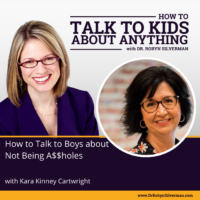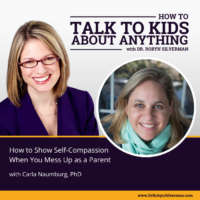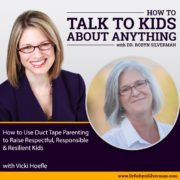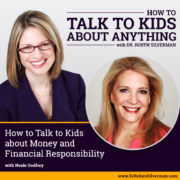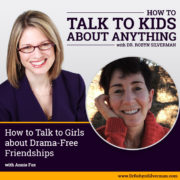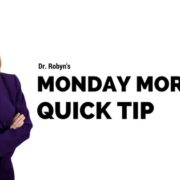Dr. Robyn on The Today Show: Vintage Ads Say Thin was Not Always In
These days, the word “fat” comes with a lot of baggage. Studies tell us that fat is continually associated with unflattering words like lazy, ugly, blameworthy, gross, and unpopular. But it wasn’t always that way. If you look at some of the vintage ads, thin was definitely NOT always in.
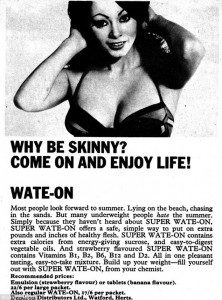 “Enjoy life!” “Put on 5 pounds of flesh!” “Left out because you’re too skinny?” Vintage ads paint the picture that full-figured women were the beauty standard of their era.
“Enjoy life!” “Put on 5 pounds of flesh!” “Left out because you’re too skinny?” Vintage ads paint the picture that full-figured women were the beauty standard of their era.
Over the last 100 years the celebrated standard of body beauty in advertising has morphed from one that was more voluptuous (signifying vitality, wealth, and happiness) to one that is thin (signifying, sometimes erroneously, health, perfection and self control). In the early part of the 20th century actresses and models demonstrated the voluptuous trend—prompting beauty products and subsequent advertising to address the desire to put ON weight. Things changed dramatically in the 60s with the introduction of Twiggy, in the 80s with the fitness craze (think Jane Fonda), the 90s with the introduction of the waif, and now, we still receive messages (and the studies reflect this), that to be thin is to be beautiful, sexy, controlled, successful and good. Beauty products and advertising has followed suit.
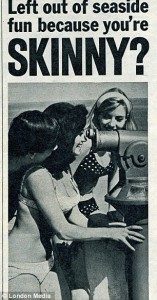 These days it seems that people say the word “fat” like they are spitting it out on a plate. This can be really confusing and upsetting for young girls who are going through puberty—a time when it’s very normal and natural to gain an average of 25 pounds! As a young girl or women is gaining weight, many look at it as “getting fat.” It’s common that people bemoan ‘I feel fat” or call themselves ugly names like “whale,,” “pig,” or “heifer.”
These days it seems that people say the word “fat” like they are spitting it out on a plate. This can be really confusing and upsetting for young girls who are going through puberty—a time when it’s very normal and natural to gain an average of 25 pounds! As a young girl or women is gaining weight, many look at it as “getting fat.” It’s common that people bemoan ‘I feel fat” or call themselves ugly names like “whale,,” “pig,” or “heifer.”
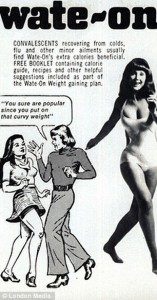 What would it have been like to live at a time when people thought it was more beautiful to be buxom that thin? Or is the pressure the same whether it’s to be thin or to gain weight in order to fit in?
What would it have been like to live at a time when people thought it was more beautiful to be buxom that thin? Or is the pressure the same whether it’s to be thin or to gain weight in order to fit in?
It seems like a lot more women would have fit the ideal standard if we weren’t told that we all needed to be impossibly thin to be considered attractive. But then, naturally thin women would have been left out to the definition of beauty.
At the end of the day, it still comes down to marketing. As long as there has been women’s beauty products and advertising, there have been (and there will be) messages that tell girls and women that they are not good enough, not beautiful enough, and not worthy enough unless they buy these products…and use them.
How do you think it would impact YOU and the women in your life if their was pressure to gain weight rather than lose it?


